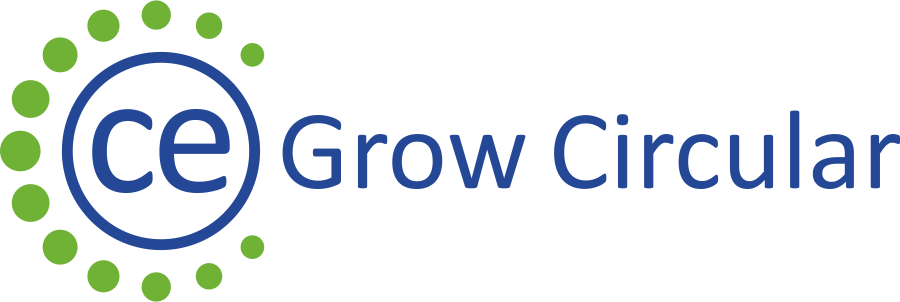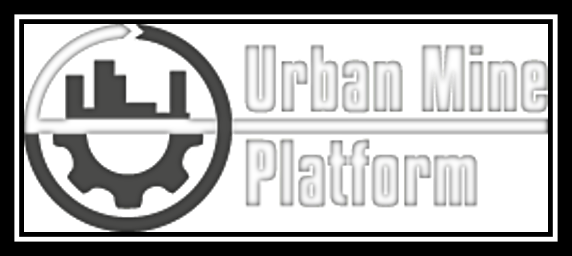CRMs in WEEE

It is also the waste stream that is rich in precious metals and CRM and is therefore a potential source of a number of valuable and critical secondary raw materials.
WEEE is a complex waste stream that contains a wide range of materials. Data on WEEE management shows a notable increase in collection in recent years, while preparation for re-use is still limited. Recycling of WEEE mainly addresses bulk metals, while critical raw materials are recycled to a much lower extent. Recycling of CRMs contained in WEEE largely depends on the type of application and on the value of the raw materials. For example, precious metals in electronics (e.g. Platinum Group Metals in printed circuit boards) are generally separated and recycled because this is economically viable. A number of materials however (e.g. silicon, indium, gallium, magnesium, tantalum and rare earth elements) are lost in shredding residues or diluted into other recycled fractions, because of their dispersion or other factors. The recycling efforts of CRMs is influenced by the availability of recycling technologies, by the product’s design and ease of disassembly, by the care taken at the treatment facilities, and by economic feasibility of recycling operation.
There are also significant differences across EU Member States regarding amount of WEEE collected, prepared for re-use and recycled.
Data on stocks and flows of secondary raw materials arising from different WEEE is available on EU Urban Mine Knowledge Data Platform.
The WEEE Directive aims to contribute to sustainable production and consumption of EEE. It sets collection targets to be met over time. The European I4R Platform provides treatment and recycling facilities, and preparation for re-use operators with access to WEEE recycling information in line with the requirements of WEEE Directive.
I4R Platform
WEEE Directive
To support the implementation of the Directive, non-binding European standards for the treatment, including recovery, recycling and preparing for reuse of WEEE, were developed.
EU Standards for WEEE
Source: European Commission, Report on Critical Raw Materials in the Circular Economy, 2018



